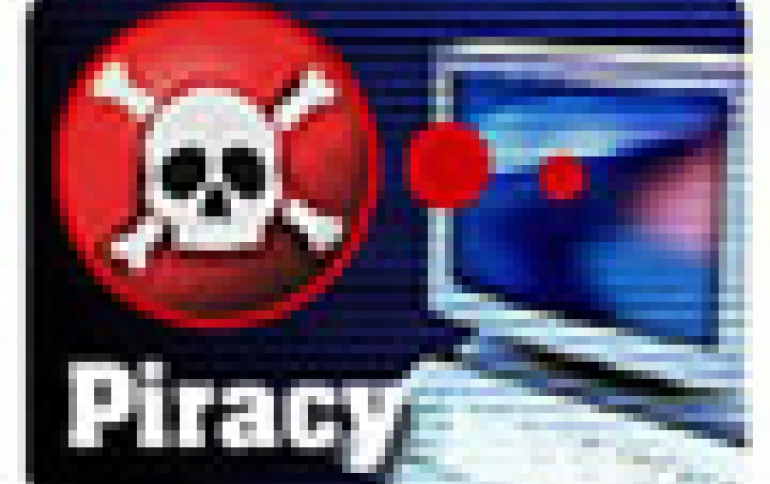
France Finally Passes Internet Piracy Bill
The French lower house has approved some of the toughest anti-internet-piracy legislation in the world, a bill that would permit authorities to cut the internet connection of illegal downloaders.
The so-called 'Hadopi bill' was backed on Tuesday by most members of the governing centre-right UMP group in the French Assembly. The Hadopi ( the Haute Autorite pour la Diffusion des Oeuvres et la Protection des droits sur Internet, or High Authority for the Diffusion of Works and the Protection of Rights on the Internet) is a government agency, which first sends a web-surfer an email warning, then a letter through the post and, finally, as the third 'strike,' can interrupt his internet access for up to a year.
This is the third attempt of the French government to pass such a law. The first attempt tripped at the final hurdle when insufficient numbers of deputies from the majority turned up to vote, requiring a resubmission of the bill, which was subsequently struck down by France's Constitutional Court, which ruled that only a judge could impose such penalties as cutting internet access.
The new bill is also known as the 'three-strikes law' for its graduated response to internet piracy: first a suspected downloader is sent a warning email, then a letter in the post and finally would see their connection cut for up to a year if they persist in downloading content without the permission of the copyright owner.
A scofflaw could even face fines of up to €300,000 and up to two years in jail.
Families whose children download illegally are not exempt from the law, but face reduced penalties - a month of no internet access and fines of €3,750.
The bill also requires that wi-fi users block non-authorised users from accessing their connection.
To overcome the objections of the Constitutional Court, a judge will now be required for the imposition of penalties.
Other European countries however have watched the bill's evolution closely, hoping to develop similar legislation. Sweden already has a comparable legal framework and has seen a massive drop in internet piracy. The UK Department for Culture, Media and Sport is also considering legislating to tackle the problem of "unlawful peer-to-peer (P2P) file-sharing."
The European Parliament however has taken a strong stance against such legislation, arguing that cutting people's internet off now is akin to cutting off someone's electricity or water - essentially that internet access is a fundamental right.
This is the third attempt of the French government to pass such a law. The first attempt tripped at the final hurdle when insufficient numbers of deputies from the majority turned up to vote, requiring a resubmission of the bill, which was subsequently struck down by France's Constitutional Court, which ruled that only a judge could impose such penalties as cutting internet access.
The new bill is also known as the 'three-strikes law' for its graduated response to internet piracy: first a suspected downloader is sent a warning email, then a letter in the post and finally would see their connection cut for up to a year if they persist in downloading content without the permission of the copyright owner.
A scofflaw could even face fines of up to €300,000 and up to two years in jail.
Families whose children download illegally are not exempt from the law, but face reduced penalties - a month of no internet access and fines of €3,750.
The bill also requires that wi-fi users block non-authorised users from accessing their connection.
To overcome the objections of the Constitutional Court, a judge will now be required for the imposition of penalties.
Other European countries however have watched the bill's evolution closely, hoping to develop similar legislation. Sweden already has a comparable legal framework and has seen a massive drop in internet piracy. The UK Department for Culture, Media and Sport is also considering legislating to tackle the problem of "unlawful peer-to-peer (P2P) file-sharing."
The European Parliament however has taken a strong stance against such legislation, arguing that cutting people's internet off now is akin to cutting off someone's electricity or water - essentially that internet access is a fundamental right.





















